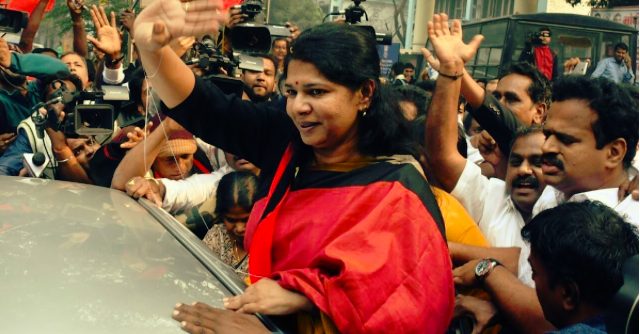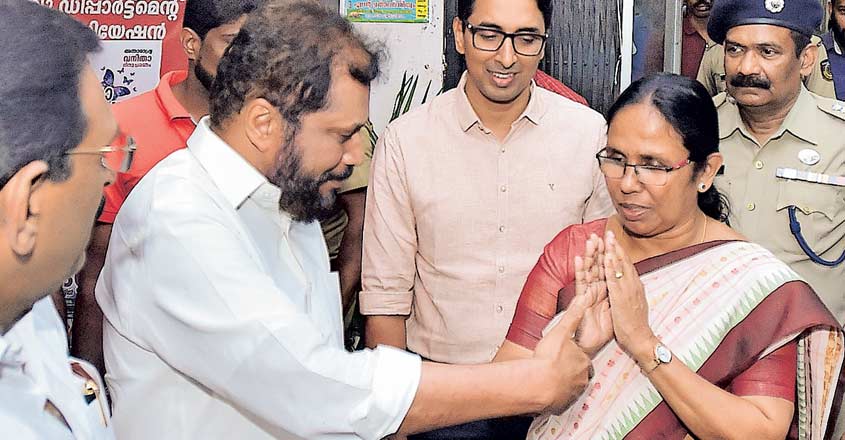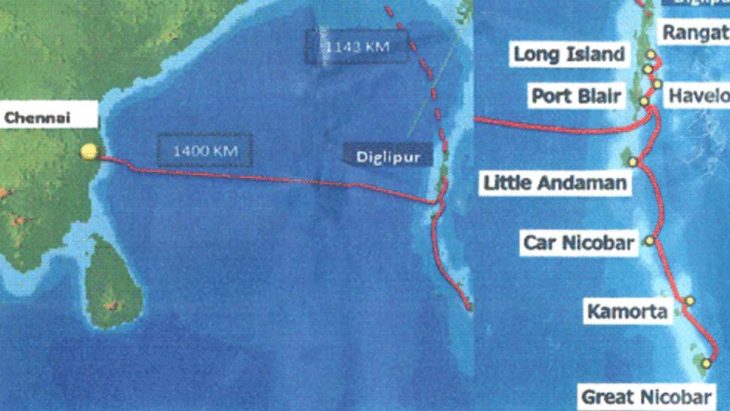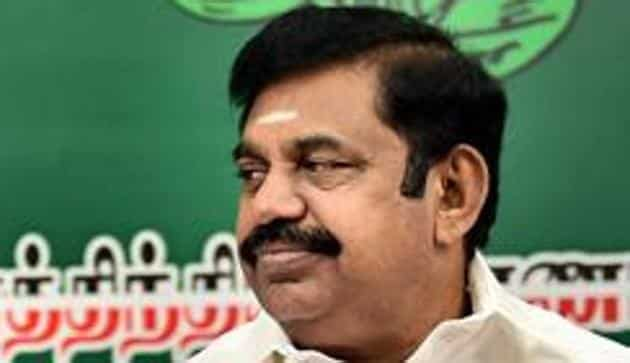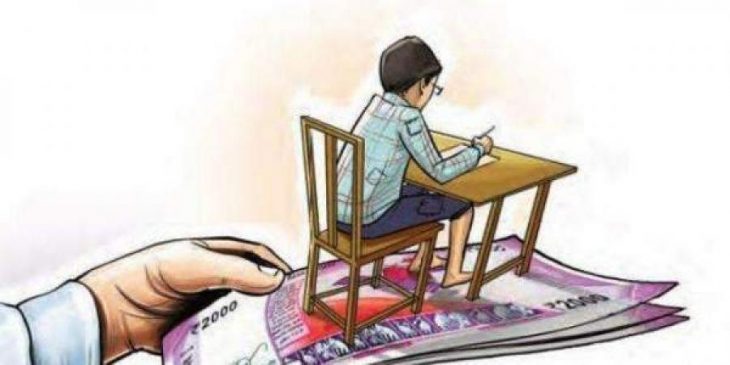Dravida Munnetra Kazhagam (DMK) leader Kanimozhi MP said on Sunday said she was asked if she was an Indian by a CISF officer at the airport.
Kanimozhi said she was asked this on being conveyed that she does not know Hindi.
The interaction took place when the DMK leader had aksed the CISF officer to communicate with her either in Tamil or in English and the officer, in response, asked her if she was an Indian.
Taking to Twitter, Kanimozhi also asked: “from when did being an Indian is equal to speaking in Hindi”.
She tweeted, “Today at the airport a CISF officer asked me if “I am an Indian” when I asked her to speak to me in tamil or English as I did not know Hindi. I would like to know from when being indian is equal to knowing Hindi.
[splco_spacer]
Thousands of social media users responded supporting her, with one of them saying, I am an Indian and Hindi has nothing to do with it! #hindiimposition Pass it on.
[splco_spacer]
Having embraced and angry reaction from Social media , The Central Industrial Security Force (CISF) sought details from Kanimozhi soon after.
[splco_spacer]
“Warm greetings from @CISFHQrs. We sincerely acknowledge your unpleasant experience. Kindly DM journey details; name of airport, location, date, and time of the incident for appropriate action in the matter,” the CISF tweeted.
[splco_spacer]
Tamils who love their language which is oldest form of Dravidan language and older than of Sanskrit language . Tamils Spoken by over 100 million people across the globe and official language in Singapore Malaysia Srilanka Mauritius and additional official language in many part of island nations in Indian Ocean .
[splco_spacer]
தொல்காப்பியம், Tolkappiyam ancient poem” is the most ancient likely composed between the 2nd and 1st century BCE Tamil grammar text and the oldest surviving work of Tamil literature.
[splco_spacer]
The surviving manuscripts of the Tolkappiyam consists of three books (atikaram), each with nine chapters (iyal), with a cumulative total of 1,612 sutras
[splco_spacer]
Like other Indo-Aryan languages, Hindi is a direct descendant of an early form of Vedic Sanskrit, through Sauraseni Prakrit and Śauraseni Apabhraṃśa (from Sanskrit apabhraṃśa “corrupt”), which emerged only in the 7th century CE.
After the arrival of Islamic administrative rule in northern India, Old Hindi acquired many loanwords from Persian, as well as Arabic, which led to the development of Hindustani.
In the 18th century, an intensively Persianised version of Hindustani emerged and came to be called Urdu.
The growing importance of Hindustani in colonial India and the association of Urdu with Muslims prompted Hindus to develop a Sanskritised version of Hindustani, leading to the formation of Modern Standard Hindi a century after the creation of Urdu
Hindi is an official language of 9 states and 3 Union Territories and additional official language of 3 states.
Hindi is not a national language but one of the 22 scheduled languages of the Republic of India.

